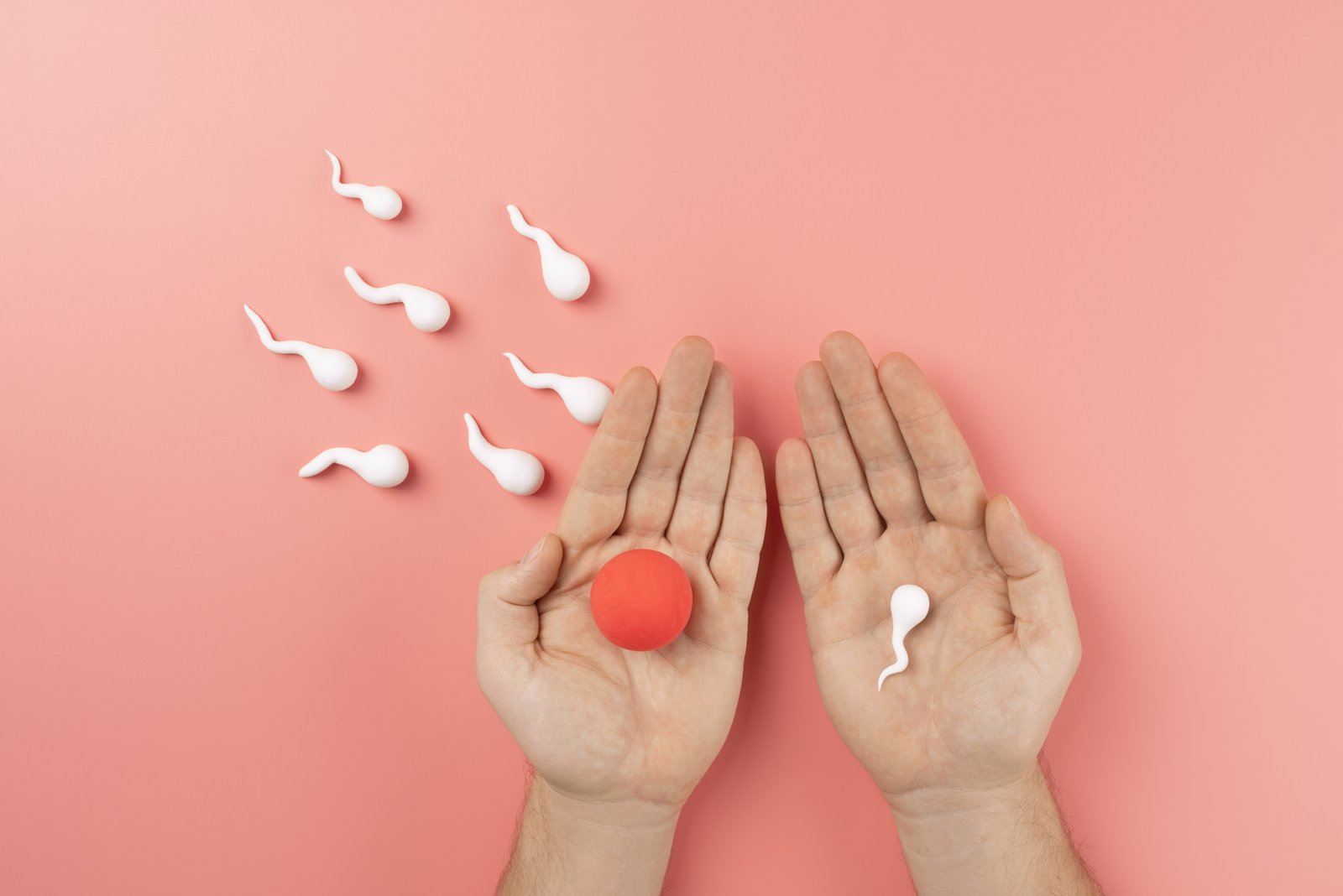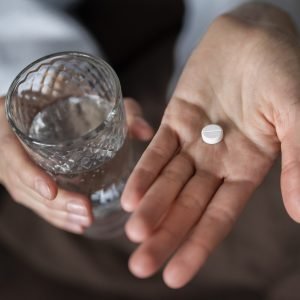
Human papillomavirus (HPV), a common sexually transmitted infection, particularly high-risk strains, has been linked to sperm death that may impact male fertility, a new study revealed.
The low-risk strains of HPV are linked to benign genital warts in both men and women, while the high-risk strains are known to cause cervical cancer in women, with around 95% of cervical cancer cases resulting from HPV infection.
HPV is also known to increase the risk of penile, anal, oral, and throat cancers in men. To prevent this, vaccination is recommended for both boys and girls between the ages of nine and 14, ideally before they become sexually active.
To better understand the impact of both high-risk and low-risk HPV strains on male fertility, the latest study published in the journal Frontiers in Cellular and Infection Microbiology examined 205 adults in Argentina who visited a single urology and andrology clinic for initial fertility assessment or urinary tract issues between 2018 and 2021. None of the participants had been vaccinated against HPV.
The results showed that 19% of participants tested positive for HPV. Among them, 20 men were identified with high-risk HPV and 7 with low-risk HPV.
After studying sperm quality, the researchers noted that the high-risk strains are not only more prevalent compared to low-risk strains but also pose a greater threat to sperm quality, causing more sperm death.
“Previous studies have shown that HPV infections can impact sperm function. However, very few have investigated the differential effects of low-risk versus high-risk HPV genotypes,” Dr. Virginia Rivero, the senior author of the study, told CNN.
The high-risk HPV strains cause more than two times more sperm death compared to low-risk infections, Dr. Rivero noted. Increased sperm death may be due to increased oxidative stress, which causes DNA damage to the sperm.
“We concluded that men infected with HR-HPV, but not men infected with LR-HPV, show increased sperm death due to oxidative stress and a weakened local immune response in the urogenital tract. These results suggest that HR-HPV-positive men could have impaired fertility,” Dr. Rivero said in a news release.
“Our study raises important questions about how HR-HPV affects sperm DNA quality and what implications it has for reproduction and offspring health. It’s important to understand the biological mechanisms underlying these effects. And, given that sexually transmitted co-infections are quite common, we plan to explore whether bearing HPV infection alongside other STIs influences these outcomes,” Dr. Rivero added.








